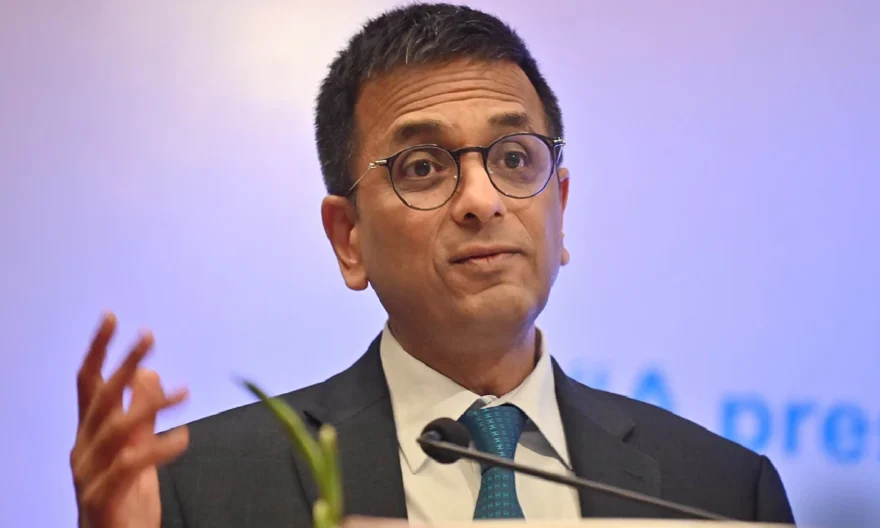
Chief Justice of India D Y Chandrachud emphasized the necessity of technology-friendly legal systems, underlining the importance of aligning this technological transformation with a shift in mindset among all judges, members of the bar, registry officials, and administrative staff.
“Our move towards a technology-friendly legal system must be complemented by a change in the mindset of every judge, every member of the bar, registry official and administrative staff,” the chief justice said.
Speaking at an event in Jaipur commemorating the platinum jubilee of the Rajasthan High Court, CJI Chandrachud also inaugurated the High Court’s paperless court and Telegram channel.
The CJI pointed out that resistance to technology often springs from an internal reluctance to disrupt the existing state of affairs and fear of the unknown. He further noted that some high courts had imposed conditions for litigants to access digital links for video conferencing, with an erroneous perception that technology is suitable primarily for older generations. He emphasized the need to alter these attitudes and underscored that technology fosters inclusivity.
CJI Chandrachud recognized the instrumental role played by former judges of high courts and the Supreme Court in leading the way in embracing technology, particularly during the COVID-19 pandemic when most arbitrations shifted online. He urged current legal practitioners in high courts to overcome their resistance to change, following the example set by their senior counterparts.
The CJI encouraged younger members of the legal community, who have grown up in the digital age, to assist those who are slowly adapting to technological advancements, thus dispelling any unfounded apprehensions regarding technology.
The Chief Justice firmly asserted that the use of technology, encompassing features such as streaming legal proceedings, hybrid hearings, e-filing, and e-service, is no longer limited to emergencies like the COVID-19 pandemic but has transitioned from being an option to an absolute necessity in the contemporary legal landscape.




